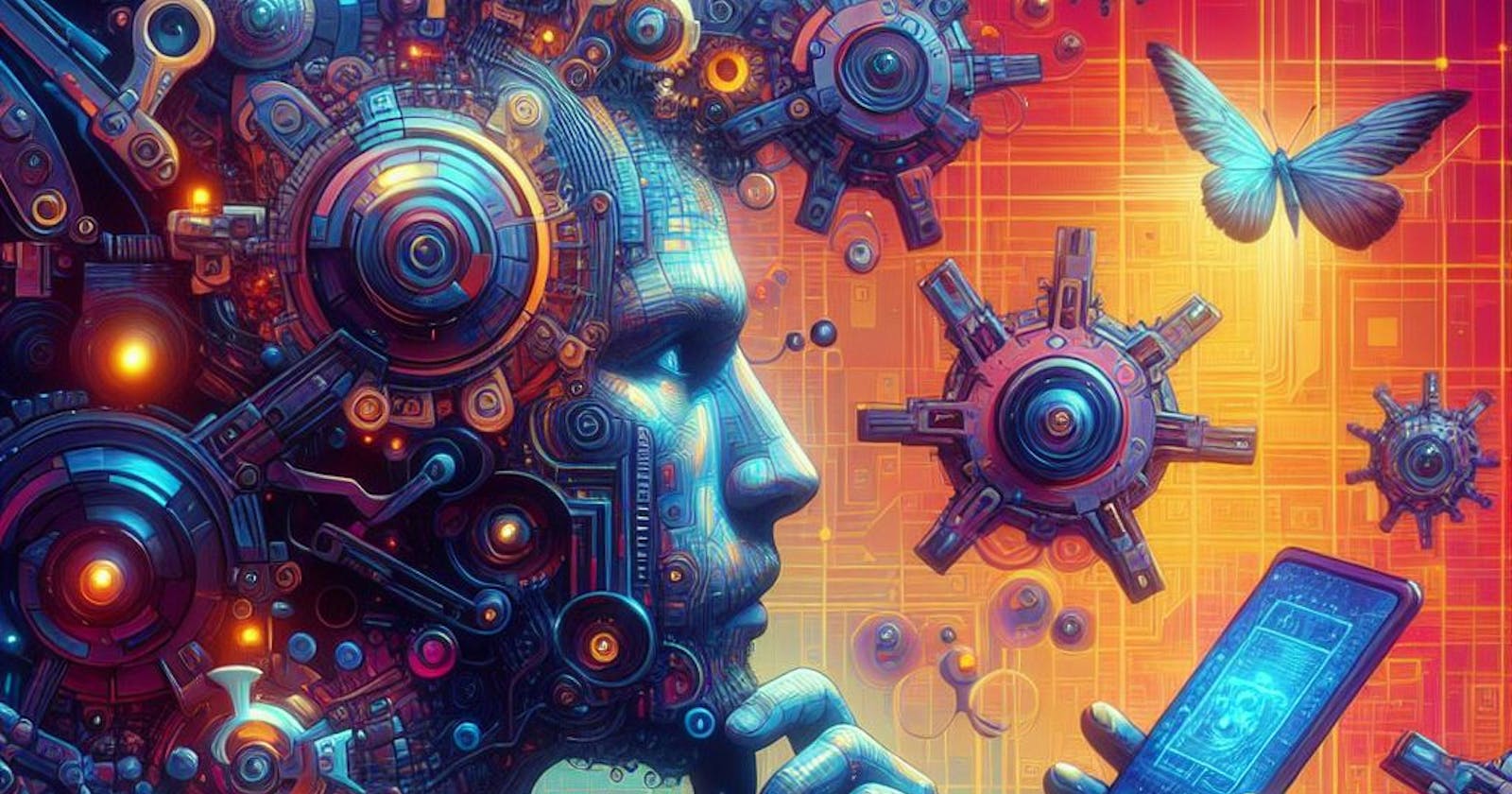The Double-Edged Sword of Reliance on AI Tools
Are Modern Developers Losing Depth?
Recently, I've been noticing an alarming trend amongst young developers. The rapid development of AI tools like ChatGPT, Perplexity & Copilot has revolutionized the way software developers work. These tools sure have streamlined the development process by providing instant code suggestions, auto-completing code snippets, and giving solutions to complex problems.
As the reliance on AI tools increases, a growing concern is emerging: are modern developers losing depth in their understanding of programming/system concepts due to this heavy dependency?
The Advantages of AI Tools
Now don't get me wrong, AI tools have undoubtedly brought numerous benefits to the software development world. They have significantly increased productivity by reducing time spent on debugging and troubleshooting. This allows developers to focus a bit more on the creative aspects of their work. Moreover, these tools are also helping novice programmers learn faster by providing real-time feedback and guidance.
The Surface-Level Knowledge Conundrum
Despite the advantages, a critical issue arises when developers begin to rely solely on AI tools without understanding the underlying concepts. This can lead to a superficial understanding of programming, as developers may not fully grasp the reasons behind the code they use. As a result, they may struggle to adapt to new technologies or solve complex problems independently.
The Consequences of Shallow Understanding
My concern arises from the improper reliance on these tools, the consequences of this surface-level knowledge can be far-reaching. If they do not dive into understanding the concepts, developers may end up struggling to maintain and optimize codebases due to the lack of a deep understanding of the intricacies involved.
They may also find it challenging to work on projects that require a strong grasp of the fundamentals, such as developing algorithms or working with low-level languages.
Moreover, a lack of depth in programming knowledge can hinder developers' ability to innovate and create fresh solutions. Without a solid foundation in programming concepts, they may not be able to develop novel approaches to problem-solving or identify opportunities for improvement.
Finding a Balance: AI Tools and Deep Learning
My advice? Developers must strike a balance between utilizing AI tools and actively seeking to deepen their understanding of the underlying concepts. This can be achieved through a combination of self-study, engaging in online coding communities (not unlike Team.Shiksha 😉), and pursuing professional development opportunities.
Additionally, educational institutions and organizations can play a significant role by emphasizing the importance of foundational programming knowledge and encourage learners to explore the reasoning behind AI tool suggestions. This can be achieved through a mix of theoretical and practical learning experiences.
tl;dr - Don't just ask. The moment your "AI buddy" responds with code/concepts you've not come across before, allow curiosity to take over, spend some time and energy in understanding it better. Hand code a sample MVC. Then, let AI assist you in making your work simpler.
AI tools like ChatGPT, Perplexity & Copilot have undoubtedly transformed the overall landscape. They offer immense benefits in terms of productivity and learning. However, it's important for programmers to be aware of the potential pitfalls of over-reliance on these tools. By striving for a balance between leveraging AI tools and deepening their understanding of programming concepts, developers can maximize the benefits of AI while minimizing the risks of surface-level knowledge.

